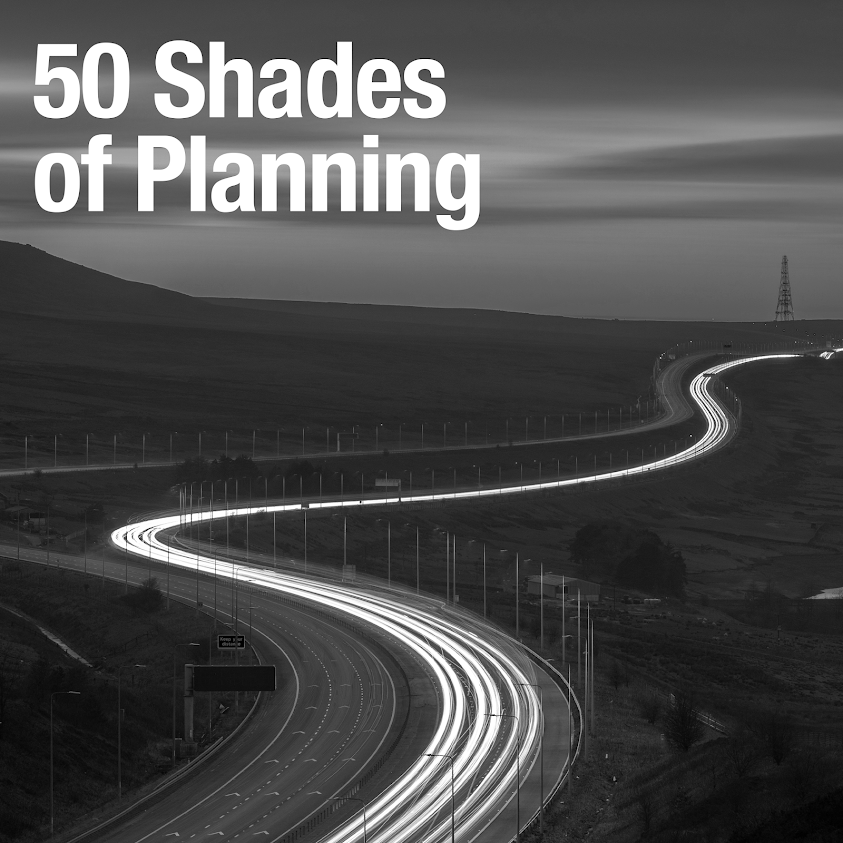If you have listened to episode 118 of the podcast you will have heard that it is the last to be supported by Cavendish.
If you listened to episode 100 all the way through you will know that, when I first committed to starting a podcast I had to then work out how to do so, and being frankly too lazy to learn how to mix and edit and too tight to buy any kit myself, I needed a sponsor. Late one night, possibly after a glass of wine, or two, I tweeted something tongue-in-cheek along the lines of ‘do any of my work friends responsible for a marketing budget want to get in on the ground floor of the country’s next big podcast’.
Kevin Whitmore at BECG, now Cavendish, emailed me the next day inviting me to have a chat and whatever the podcast has become is because of that. I will always be grateful to Kevin for backing the podcast to this point and to the wider team at Cavendish who have helped me with the editing, latterly Ashley Bellinger.
I would also like to thank Ellis Robinson and Vicky Payne for this iteration of the 50 Shades logo.
Ellis is a photographer local to me that I did not know but who I follow on Instagram. He shared this image of The Piece Hall (my favourite building) that I loved and kindly let friend of the podcast Vicky use her not inconsiderable design skills to adapt it for the Shades logo.
Fear not though, podcast fans. A new partner has been identified and the operation, such that it is, will barely skip a beat...
If you listened to episode 100 all the way through you will know that, when I first committed to starting a podcast I had to then work out how to do so, and being frankly too lazy to learn how to mix and edit and too tight to buy any kit myself, I needed a sponsor. Late one night, possibly after a glass of wine, or two, I tweeted something tongue-in-cheek along the lines of ‘do any of my work friends responsible for a marketing budget want to get in on the ground floor of the country’s next big podcast’.
Kevin Whitmore at BECG, now Cavendish, emailed me the next day inviting me to have a chat and whatever the podcast has become is because of that. I will always be grateful to Kevin for backing the podcast to this point and to the wider team at Cavendish who have helped me with the editing, latterly Ashley Bellinger.
I would also like to thank Ellis Robinson and Vicky Payne for this iteration of the 50 Shades logo.
Fear not though, podcast fans. A new partner has been identified and the operation, such that it is, will barely skip a beat...


Comments
Post a Comment